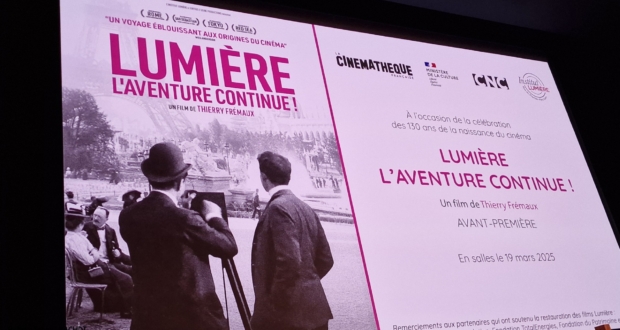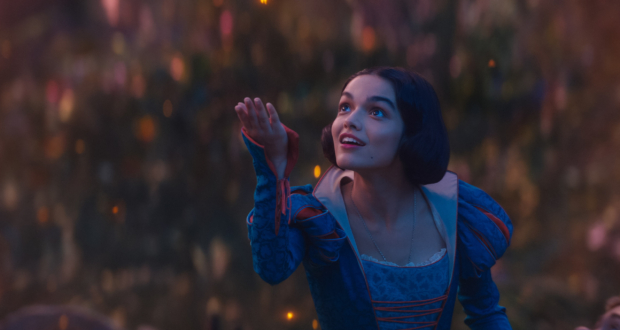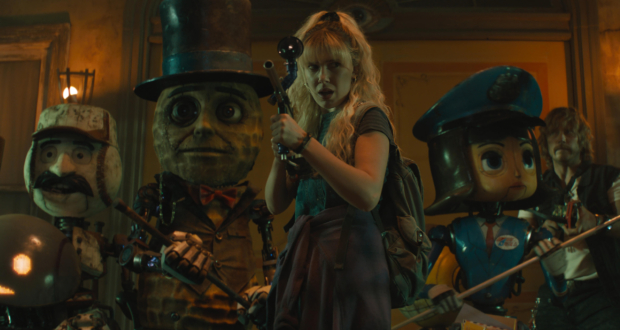Horror enthusiasts frequently seek films that promise an intriguing premise, spine-tingling suspense, and characters whose fates you’re compelled to care about. Thomas Walton‘s Camp Pleasant Lake aims to check these boxes but falls dramatically short in its execution, making for a murky cinematic plunge that leaves viewers more befuddled than frightened. A gripping horror story initially sounds like it could be rooted in the reopening of an old campsite, which has a narrative drenched in a dark, unresolved past. Yet, what ensues is a convoluted plot that is as stagnant as the titular lake’s waters.
The cast, headlined by Kelly Lynn Reiter, Jonathan Lipnicki, Leila Almas Rose, and James Di Giacomo, portrays the Meadows family, who are entangled in a haunting series of events following their decision to resurrect the once-abandoned campsite. While the setting could offer a rich backdrop for a tale of suspense and supernatural occurrences, Camp Pleasant Lake mismanages its assets, leading to a narrative that feels both underdeveloped and overambitious.
The Bad:
Kelly Lynn Reiter’s portrayal of Echo Meadows, the driven family matriarch, doesn’t resonate. Despite Reiter’s efforts, the character’s emotional depth and connection to the unfolding mystery feel superficial. Jonathan Lipnicki takes on the character of Jasper Meadows with a determination that is palpable yet ultimately hindered by the script’s limitations. Leila Almas Rose and James Di Giacomo deliver performances that mirror the film’s inconsistency.
Thomas Walton, both at the helm of writing and directing, crafts a storyline that intertwines the Meadows family’s present endeavors with the chilling past of a young girl’s disappearance two decades prior. This setup fails to deliver on its promise of blending past and present horrors to thrill audiences.
The film’s attempt to invoke supernatural elements as a mechanism for unraveling the camp’s gruesome history is lackluster. The manifestations of these forces often come off as clichéd and predictable. It strips away any potential for genuine fear or engagement. Instead of leveraging the camp’s eerie setting, Camp Pleasant Lake opts for an array of tired horror tropes. They do little to refresh the genre or provide audiences with novel frights.
Visually, the film navigates through its scenic, albeit ominous, campsite locale with a semblance of ambition. Pacing and dialogue issues undermine the visuals.. The cinematography fails to enhance the story’s eerie undertones, fluctuating between competence and clumsiness.
Perhaps the most sad aspect of Camp Pleasant Lake is its underutilization of the compelling premise it sets up. The idea of a family unknowingly entangling themselves with a site that harbors dark secrets carries inherent appeal. Yet, the film’s exploration of this premise is surface-level. It squanders the opportunity to delve into the psychological and emotional depths such a scenario could unearth. Instead, the narrative meanders. It focuses too much on establishing a mystery without effectively laying the groundwork for a satisfying revelation or conclusion.
Overall:
Camp Pleasant Lake is a film that teases the possibility of horror but fails to deliver. Mostly on the suspense, character development, and narrative cohesion fronts. The movie falls short of its potential due to ambitious but incomplete execution. It’s advisable to skip this visit to Camp Pleasant Lake and set their sights on clearer, more chilling waters.
-
Acting - 4/10
4/10
-
Cinematography/Visual Effects - 5/10
5/10
-
Plot/Screenplay - 3/10
3/10
-
Setting/Theme - 3/10
3/10
-
Watchability - 2/10
2/10
-
Rewatchability - 1/10
1/10

















